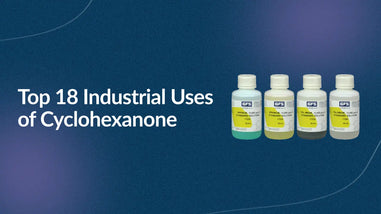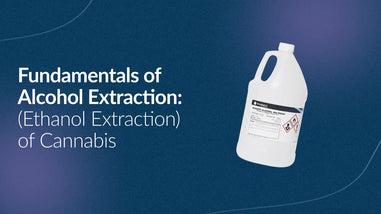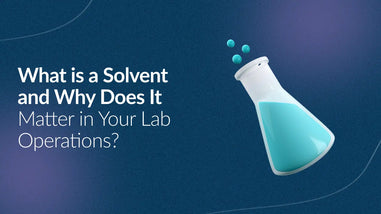- No products in the cart.
Critical cleaning is a very specific type of cleaning. This type of cleaning significantly impacts the value or effectiveness of the finished product of what is being cleaned. Critical cleaning involves the removal of undesirable contaminants. This level of removal is determined by regulated industries that have company standard levels. Here, we will cover the critical cleaner known as Liquinox.
What is Liquinox used for?
Liquinox is known as a critical cleaning liquid detergent used for hard surfaces. It’s a concentrated anionic liquid that is formulated for either ultrasonic or manual use.
It is free rinsing which means that it doesn’t leave any residue, so that it provides reliable results. It is very mild so it’s a good replacement for hazardous solvents and corrosive acids. It’s soluble in soft and hard water, biodegradable, and phosphate-free. It also prevents bacterial growth, but is not a disinfectant. Liquinox can be used to pass cleaning validation tests for plant inspection approval and for lab accreditation.

Liquinox started out mainly being used in medical labs, but has since branched out to many other fields and is designed for a wide range of applications. These include lab equipment, healthcare instruments, personal protective equipment, tissue culture ware, reactors, tanks, pipes, industrial parts, forgings and stampings, metal castings, cosmetic manufacturing equipment, pharmaceutical apparatus, electronic components, optical parts, medical devices, clean rooms, wine glasses, tubing, catheters, and vacuum equipment.
Top Uses of Liquinox
1. Cleaning:
Medical services instruments, lab product, vacuum gear, tissue culture product, individual defensive hardware, inspecting contraption, catheters, tubing, wine glasses, clean rooms, clinical gadgets, optical parts, electronic parts, drug device, beauty care products fabricating gear, metal castings, forgings and stampings, modern parts, lines, tanks and reactors. Approved by USDA for use in governmentally reviewed meat and poultry plants. Breezes through inhibitory buildup assessment for water investigation. Utilized for phosphate touchy investigation product. FDA ensured.
2. Used to eliminate:
Soil, coarseness, grime, ooze, oil, oils, blood, tissue, particulates, stores, synthetic and solvents.
3. Surface Cleaning:
Corrosion restrained detailing suggested for glass, metal, treated steel, porcelain, artistic, plastic, concrete and fiberglass. Can be utilized on delicate metals like copper, aluminum, zinc and magnesium whenever flushed instantly. Utilized for workmanship rebuilding. Consumption testing might be fitting.
4. Cleaning strategy:
Drench, brush, wipe, material, ultrasonic, course through clean-in place. Will froth — not for splash or machine use.
Liquinox in medical device manufacturing
Liquinox with a pH of 8.5 is used in medical device manufacturing. The pH value of the cleaner has a direct effect on how effective it is when removing residue. When it comes to medical device manufacturing, it’s important to use a cleaner that doesn’t damage the surface of the equipment or disturb the component material. Typically, a mild light-duty cleaner to remove light oils and surface residue is all that is needed for cleaning medical devices.
Medical devices are frequently cleaned in ultrasonic tanks followed with rinsing. Liquinox is an ideal cleaner to use since it’s imperative for medical devices to be free of residues. Liquinox is mild and very effective in cleaning medical devices.
Is Liquinox the same as Alconox?
Liquinox and Alconox are functionally equivalent based on ingredients. Liquinox was originally designed as a liquid replacement for Alconox, since Alconox is a powder.
There are six ingredients in Liquinox with two being the exact same ingredients found in both cleaners. The other four are equivalent to each other. As far as ingredients, Liquinox and Alconox are not chemically equivalent, but they are both cleaners that are functionally equivalent.
One of the ingredients found in both cleaners is sodium dodecylbenzene sulfonate. This is the key ingredient for dispersing, emulsifying, and wetting. One of the main differences between the two is that Liquinox is phosphate-free and Alconox powder consists of phosphates.












































